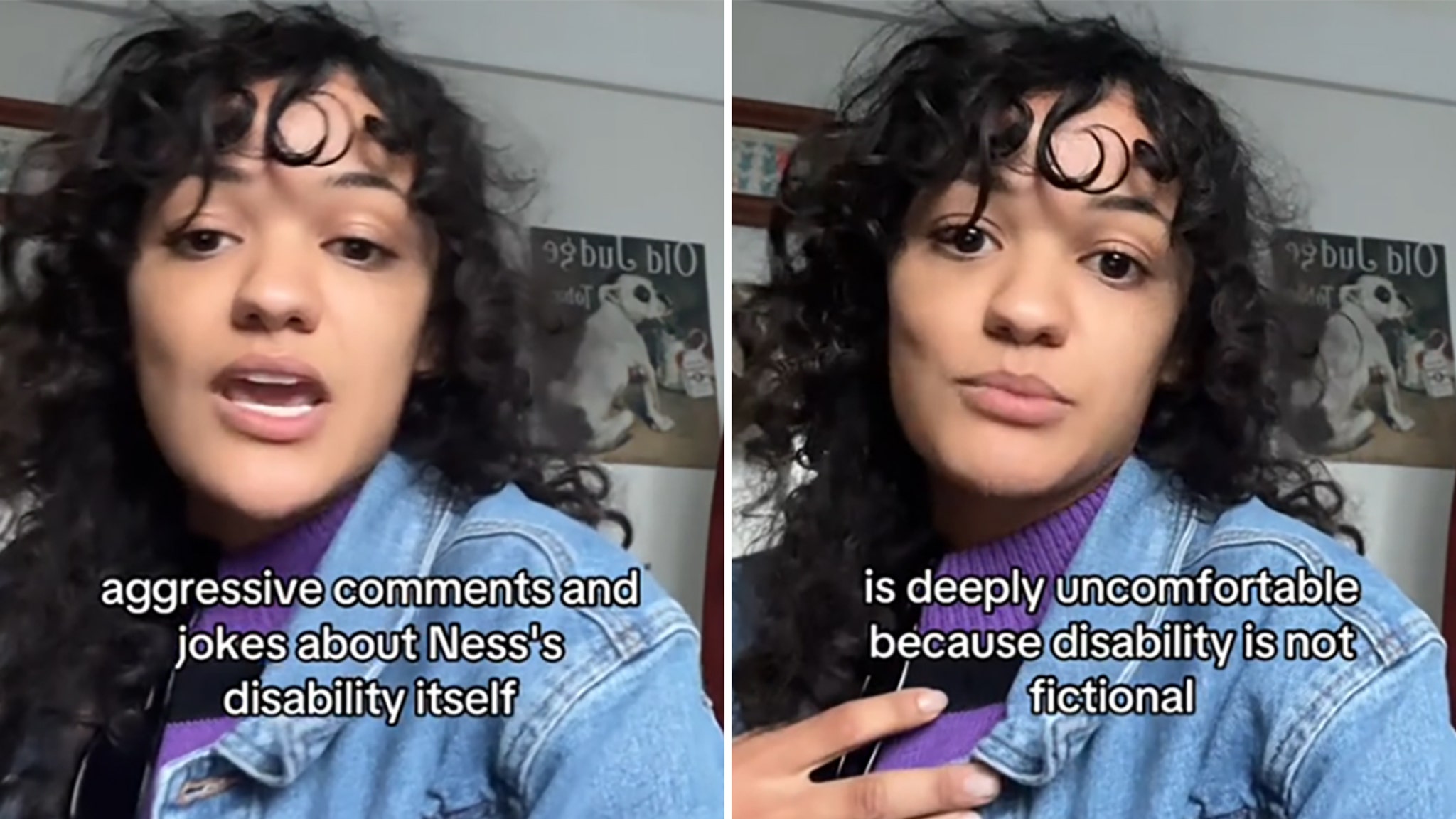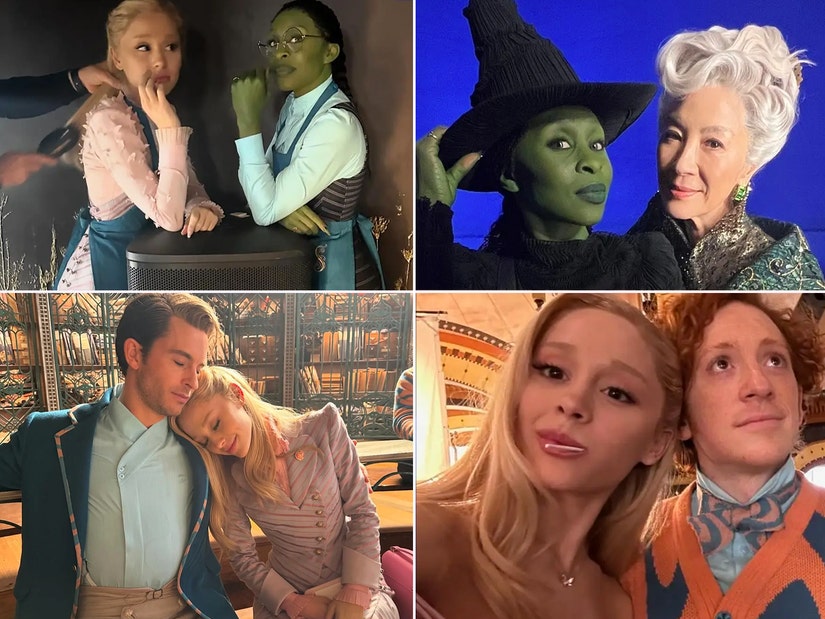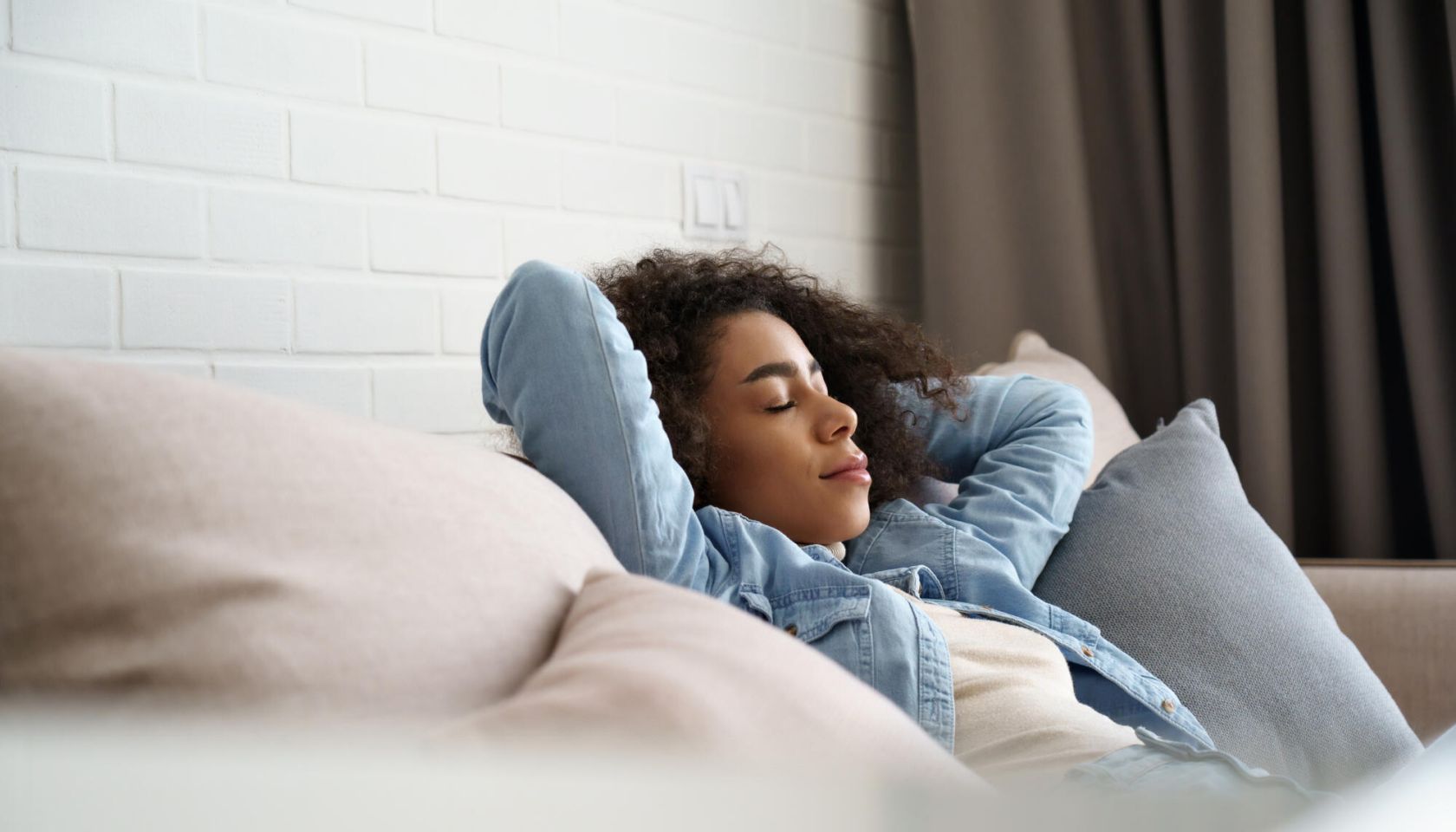“At the end of the day, me, Marissa, is the person that is still disabled and in a wheelchair,” says Bode. “So, it is simply a low-hanging fruit that too many of you are comfortable taking.”
As on-screen representation continues to expand, there continues to be an unfortunate pushback from the more narrow-minded in society. Even as Wicked continues setting box office records, one of its stars finds herself on the receiving end of that ugliness.
On Friday, as the musical film continued its strong run at the box office, Marissa Bode took to her TikTok with a lengthy post about comments and so-called jokes she’s been seeing about her character, Nessarose.
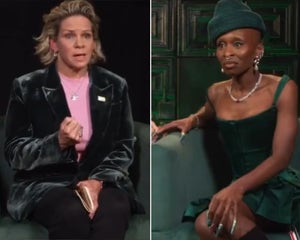
X/OUT
Reporter Reacts to Wicked Interview Going Viral, Explains What ‘Holding Space’ Means
View Story
It’s not that people feel some kind of way about the characterization, how it’s written, or even how she’s performing in the role. Calling it “deeply uncomfortable” to see, Bode is referring to the plethora of jokes centering on her disability.
She explained that she has zero problem with people making jokes about the fictional aspects of the character she portrays. But … “Disability is not fictional,” she emphasized. “At the end of the day, me, Marissa, is the person that is still disabled and in a wheelchair.”
“So, it is simply a low-hanging fruit that too many of you are comfortable taking,” she continued.
Waiting for your permission to load TikTok Post.
She went on to note that this is a bigger issue than just Bode need to “ignore comments on the internet,” because comments of this nature “do not exist in a vacuum.”
Offering some examples of the kinds of jokes she’s seen, Bode said, “Aggressive comments of wanting to cause harm and push Nessa out of her wheelchair, or that she deserves her disability, are two very gross and harmful comments that real disabled people, including myself, have heard before.”
“When these jokes are being made by non-disabled strangers, with a punchline of not being able to walk, it very much feels like laughing at rather than laughing with,” continued the actress, who describes herself as a “deeply unserious” person who loves joking around.
After opening up about the issue, Bode then admitted — understandably — that she was frustrated because she was also “scared” to make this post and “talk about this.”
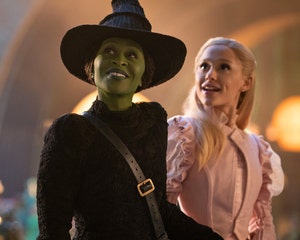
Universal Pictures
All Four Wicked Cameos Revealed — After Andy Cohen Kinda Spoiled One on WWHL!
View Story
That’s because the veiled ugliness behind those jokes can open to reveal an even uglier reaction when the person on the receiving end finds the courage to stand up and speak out.
“I have seen firsthand what has happened to my disabled peers who are outspoken online, when it comes to calling out ableism and jokes of standing and being a ‘vegetable’ — which is a derogatory term, by the way, for disabled people and a comment that I saw about Nessa.”
The types of responses she’s usually seen when one of her peers does choose to stand for compassion and decency is for them to “stop complaining” or “just take a joke.” For mental health reasons, Bode says many of these individuals respond by stepping back from the public eye after such a backlash.
The 24-year-old actress said that the jokes and comments would have impacted her more when she was younger, but that’s also part of why she’s speaking out — for younger people who may be hurt more by what they’re seeing.
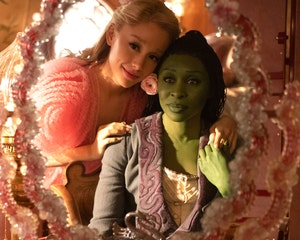
Universal Studios
Why ‘Wicked’ Avoids Ariana Grande & Cynthia Erivo’s Signature Looks (Exclusive)
View Story
Ultimately, she hopes these people who choose to make these kinds of jokes and comments open their eyes and try to see a key message of Wicked more than they’re seeing something easy to make fun of.
“One of the major themes within Wicked is having the ability to listen and to understand one another,” she said. “And I truly hope that is something a lot of you can practice more and take with you.”
The actress encouraged non-disabled people to “do the work” and put in the effort to “unlearn your own ableism,” then offering some methods to begin that journey, like getting to know more disabled people, reading the disability rights movement, and even watching the documentary Crip Camp.
She then wrapped by acknowledging that her video probably won’t sit well with some people, but that’s not necessarily a bad thing. “I understand no one likes feeling like they’re being scolded,” she said. “But true progress never comes with comfort. And that’s okay.”

